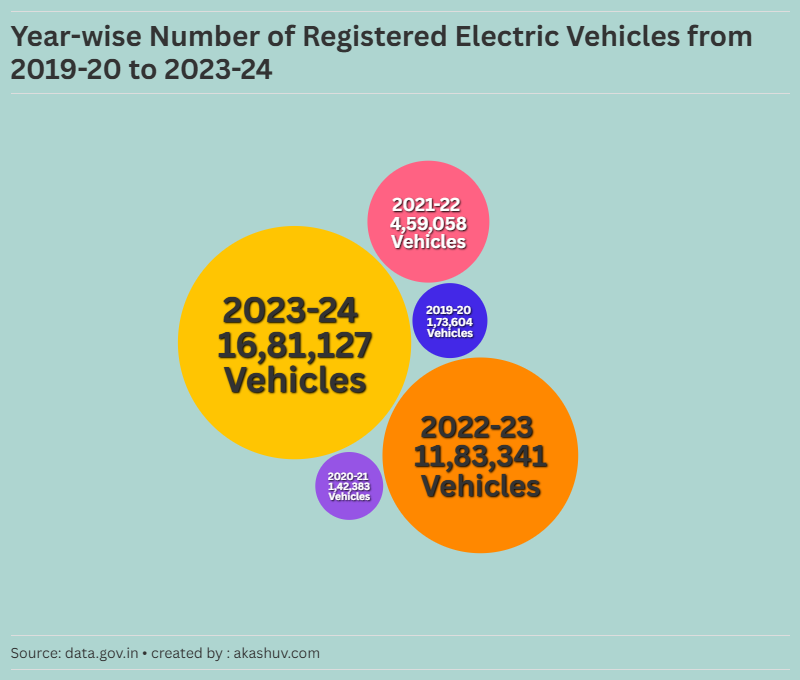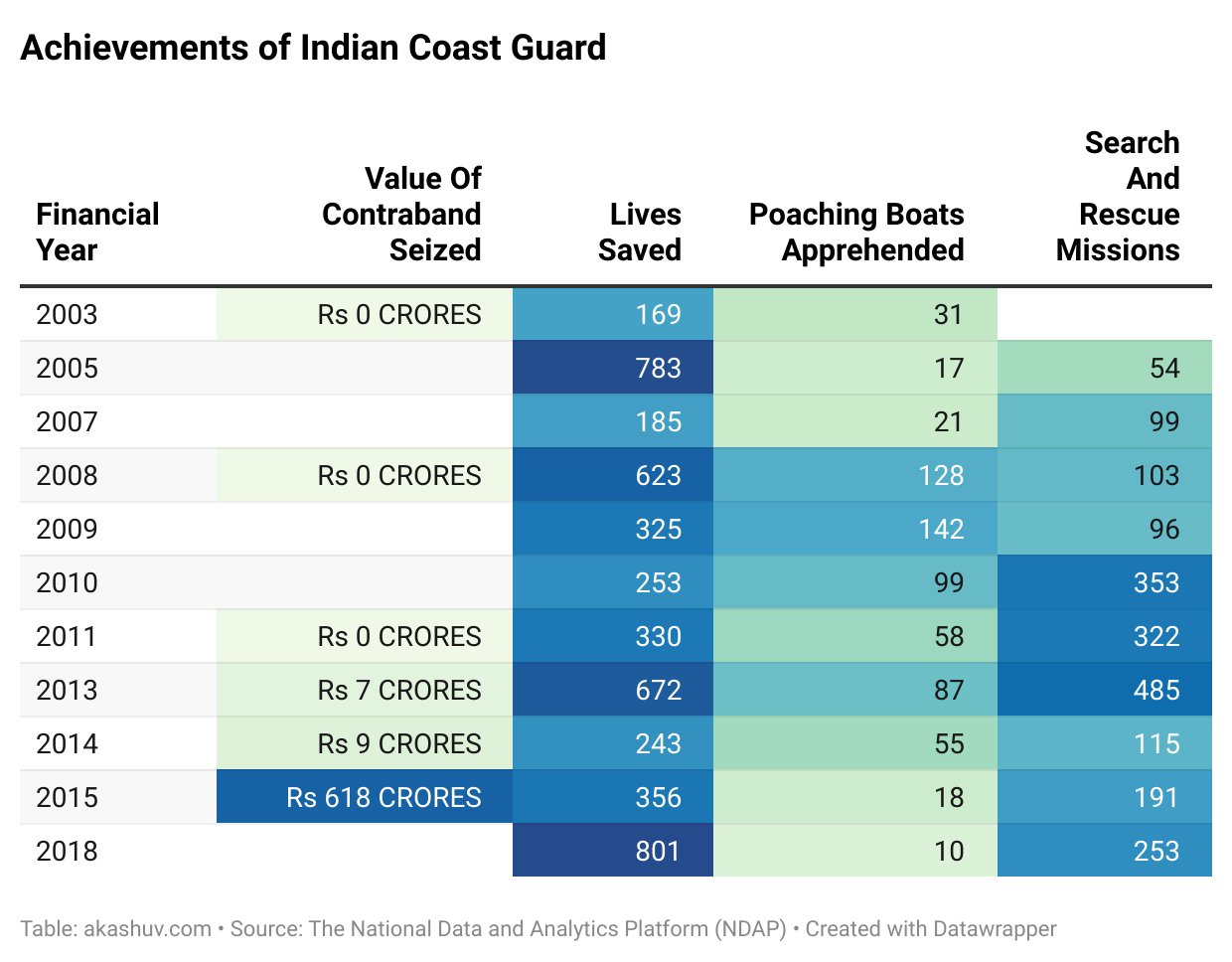The Future of Business Education is Online
Introduction
The paradigm of education has shifted dramatically over the past decade, with online learning becoming increasingly central to how we acquire knowledge and skills. For business education, this shift is not just about convenience; it’s about necessity. As businesses globalize and operate in a digital-first world, the competencies required to thrive are evolving.
This blog post explores the trends in online education, the pivotal role of technology in learning, how it enhances global accessibility, and what future job skills are in demand due to these changes.
The Evolution of Online Business Education
The advent of online education has revolutionized the way business professionals acquire knowledge and skills. By blending technology, accessibility, and innovation, online platforms have transformed learning from a static classroom model to a dynamic, global, and personalized experience. Here’s an in-depth exploration of this ongoing transformation and what it means for future learners.
The Shift to Digital Platforms
The rise of online learning platforms has democratized education, making high-quality business courses available at the click of a button. Platforms such as Coursera, edX, and LinkedIn Learning have emerged as leaders in this space, offering courses that cater to both foundational skills and advanced business strategies.
- Coursera: Partnering with over 200 top universities, including Stanford and INSEAD, Coursera offers comprehensive programs ranging from beginner-level courses to professional certificates and full-fledged online degrees.
- edX: Known for its diverse course offerings, edX provides access to programs from prestigious institutions such as MIT and Harvard, helping students enhance their expertise in areas like finance, marketing, and entrepreneurship.
- LinkedIn Learning: Focusing on professional development, this platform provides micro-courses on topics like leadership, project management, and digital marketing, all integrated with LinkedIn profiles for career visibility.
These platforms have successfully bridged the gap between industry needs and academic learning by offering relevant, flexible, and affordable education.
Technology as a Learning Catalyst
Technology has been the driving force behind the evolution of online business education. Emerging tools and innovations are reshaping how learners interact with content, instructors, and peers.
Virtual Reality (VR) and Augmented Reality (AR)
Immersive technologies like VR and AR allow students to experience real-world business environments without leaving their homes:
- VR Business Simulations: Walk through a virtual factory to understand operations management or participate in a mock boardroom meeting to develop decision-making skills.
- AR Enhancements: Use AR overlays to analyze marketing data or financial reports interactively.
Artificial Intelligence (AI)
AI-powered tools are revolutionizing the learning experience by tailoring it to individual needs:
- Personalized Learning Paths: Platforms like Knewton adapt course content based on a student’s progress, ensuring they focus on areas needing improvement.
- AI Tutors: Chatbots and AI assistants provide instant support, answering queries and offering additional resources.
Mobile Learning
Smartphones have made education more portable, enabling learners to engage in “micro-learning” sessions during commutes or breaks. Apps like Blinkist condense business books into short summaries, while others like Udemy offer bite-sized lessons on-demand.
Global Accessibility in Online Education
Online education has dismantled traditional barriers, making learning opportunities available to a global audience.
Breaking Down Barriers
- Geographical Accessibility: Students in rural areas or developing countries can now access the same resources as those in urban centers.
- Cost-Effectiveness: Online courses often cost a fraction of traditional degrees, significantly reducing financial barriers.
- Flexibility: Working professionals can balance learning with their jobs, thanks to asynchronous schedules and part-time options.
Case Study: The Impact of MOOCs
Massive Open Online Courses (MOOCs) have played a pivotal role in scaling education globally:
- Khan Academy: Provides free, high-quality education to millions of learners worldwide.
- FutureLearn: Partners with institutions like the University of Pennsylvania to deliver business courses tailored for diverse audiences.
Skills for the Digital Economy
As businesses embrace digital transformation, the skills required to succeed are evolving. Online platforms are equipping learners with these in-demand competencies.
Essential Skills
- Digital Literacy: Courses on tools like Excel, Tableau, and Google Analytics are fundamental for data-driven decision-making.
- Soft Skills: Platforms like Skillshare emphasize creativity, communication, and leadership through practical, project-based approaches.
- Technical Expertise: Specialized programs on AI, blockchain, and cybersecurity from platforms like Udacity address the growing demand for tech-savvy professionals.
Challenges and Future Prospects
Challenges
- Quality Assurance: With the proliferation of online programs, ensuring consistent quality remains a concern. Accreditation bodies like AACSB and peer reviews are crucial for maintaining standards.
- Engagement: Online learning lacks the physical presence of peers and instructors, making student engagement challenging. Solutions include gamified content, interactive videos, and discussion forums.
- Digital Divide: Not all learners have access to reliable technology or the internet. Initiatives like One Laptop per Child aim to bridge this gap.
Future Prospects
- Advanced Technologies: Expect AI-driven personalized learning paths and more sophisticated AR/VR applications for experiential learning.
- Micro-Credentials: Digital badges, certifications, and nanodegrees are becoming widely recognized, offering flexible career advancement options.
- Collaborative Learning: Peer-to-peer interactions, facilitated by advanced platforms, will enhance teamwork and global networking.
FAQs
1. How does online education compare to traditional classroom learning? Online education offers unparalleled flexibility and access to diverse resources. However, it may lack the direct interaction and networking opportunities of traditional settings.
2. Are online business degrees as respected as traditional ones? Yes, especially when accredited by recognized bodies like AACSB. The emphasis is shifting towards the skills acquired rather than the mode of learning.
3. What are the key skills needed for future business leaders? Adaptability, digital proficiency, critical thinking, and emotional intelligence are essential for navigating the complexities of modern business environments.
Conclusion
The evolution of online business education signifies a paradigm shift in how we prepare for the future. With technology driving innovation, these platforms are making learning more accessible, relevant, and impactful. For aspiring business leaders, embracing online education is not just an option—it’s a necessity for staying competitive in a rapidly changing world.
Call to Action: Ready to explore the world of online learning? Subscribe to our newsletter for updates on the latest trends, or dive into our comprehensive guide on the best online business courses for your career growth!











Leave a Reply